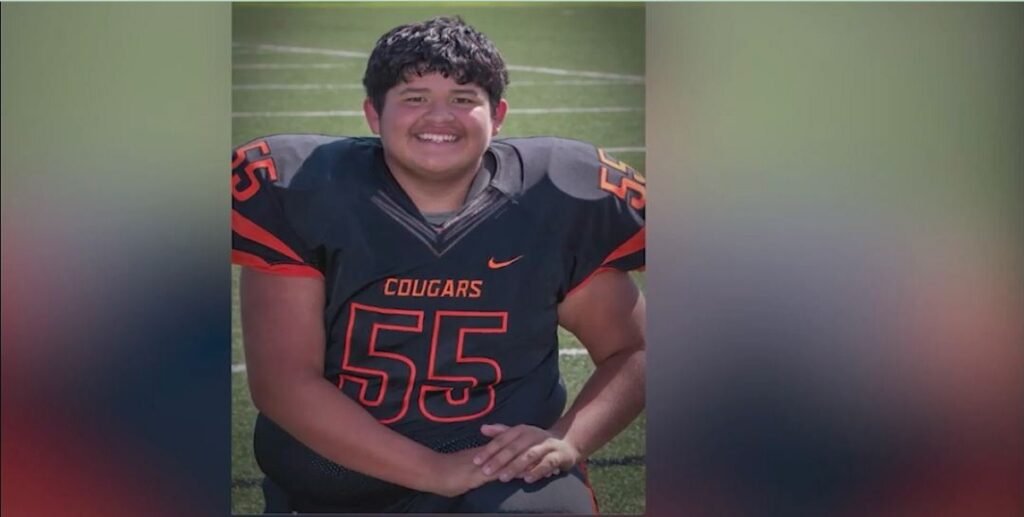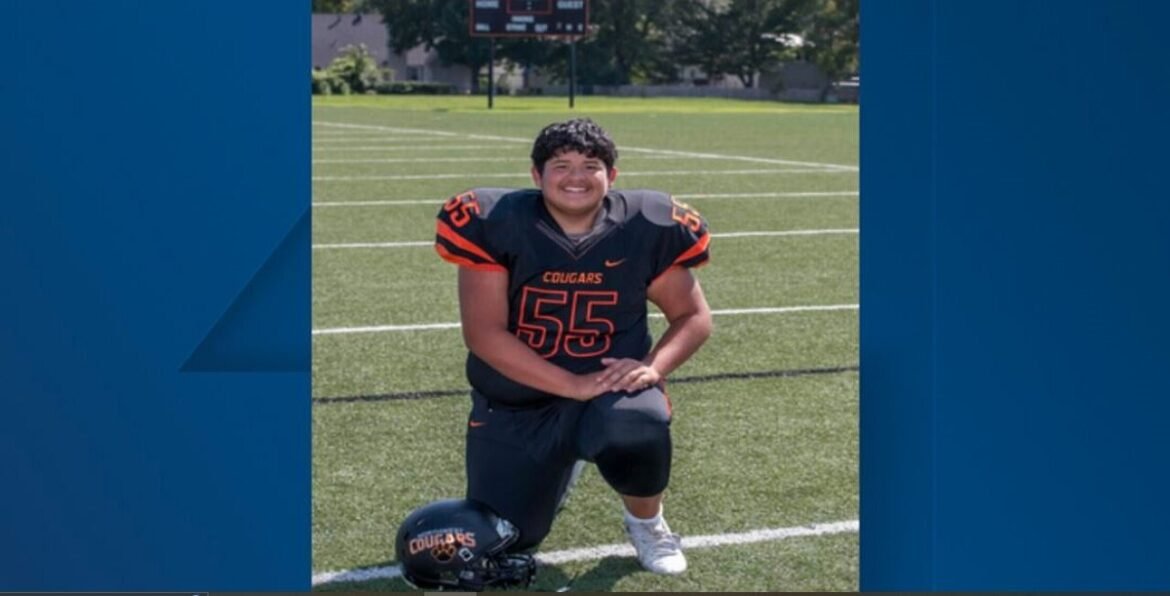The community surrounding Shawnee Mission Northwest High School has recently been struck by a tragic loss. News that a Shawnee Mission Northwest student dies has spread across the community, leaving classmates, teachers, and family members in mourning. While the details surrounding the incident are still emerging, the loss of a young life has deeply impacted the school, serving as a solemn reminder of the fragility of life.
In moments like these, it’s natural for students, parents, and community members to seek answers, offer support, and reflect on how to cope with such a profound tragedy. This article will explore what we know about the situation, how the school and community are responding, and offer guidance on grief and mental health resources available to those affected.
The Incident: What We Know So Far
While specific details about the incident in which the Shawnee Mission Northwest student dies are limited, the school district has released a statement expressing their deep condolences to the student’s family. The school administration is currently working closely with local authorities to provide support and ensure the needs of the affected students and staff are met.
It is important to respect the privacy of the family during such a sensitive time, which is why there has been limited information available about the circumstances of the student’s death. As is often the case in such situations, the focus remains on supporting the grieving family and the Shawnee Mission Northwest community.
Community Response to the Loss
When news spreads that a Shawnee Mission Northwest student dies, the ripple effect is felt by everyone. From fellow students who knew the individual personally to teachers and parents, the collective grief can be overwhelming. However, it is also in these moments that communities often come together, offering support to one another.
School’s Immediate Action:
- Counseling Services: Shawnee Mission Northwest High School has made grief counselors available to both students and staff. These professionals are trained to help individuals process their emotions, talk through their feelings, and begin the journey of healing.
- Memorials and Vigils: Some members of the school and community may organize vigils or memorial services to honor the student’s memory. These gatherings offer an opportunity for people to come together, share stories, and reflect on the student’s life.
- Communication with Parents: The school administration has sent communications to parents, keeping them informed about the resources available and encouraging them to talk with their children about the loss.
- Peer Support: Often, the most comforting support comes from peers. Fellow students who knew the individual well or were impacted by the loss may come together to offer emotional support, whether through group discussions or simply being there for each other.
The Importance of Mental Health Support
Losing a fellow student can be one of the most difficult experiences for young people. When a Shawnee Mission Northwest student dies, the emotional impact can take many forms. Some may feel sadness, confusion, anger, or even guilt. It’s crucial for parents, teachers, and friends to recognize the signs of grief and ensure that students receive the necessary support.
Signs a Student May Be Struggling:
- Withdrawal: If a student begins to withdraw from social activities, isolate themselves from friends, or show disinterest in things they once enjoyed, it may be a sign that they are struggling with their emotions.
- Academic Performance: A sudden drop in grades or a lack of motivation to complete schoolwork can be a red flag that a student is having difficulty coping.
- Mood Swings: While it’s natural to experience a range of emotions after a loss, severe mood swings or prolonged periods of sadness may signal the need for additional mental health support.
- Talking About Death: If a student expresses feelings of hopelessness or frequently talks about death, it’s important to take these statements seriously and seek professional help immediately.
How Parents Can Support Their Children
Parents play a vital role in helping their children navigate grief when a Shawnee Mission Northwest student dies. While many teenagers may not openly express their emotions, they still need a support system to guide them through this difficult time.
Tips for Parents:
- Open Communication: Encourage open conversations about the loss. Ask your child how they’re feeling, and be prepared to listen without judgment.
- Validate Their Emotions: It’s essential to let your child know that it’s okay to feel sad, angry, or confused. Reassure them that their feelings are valid and a natural part of the grieving process.
- Monitor Behavior: Keep an eye on any behavioral changes. If your child seems to be struggling, don’t hesitate to seek the help of a counselor or therapist.
- Encourage Healthy Outlets: Help your child find ways to express their emotions in healthy ways, whether through journaling, art, or physical activity.
- Be Present: Sometimes, the best thing you can do as a parent is simply to be there for your child. Let them know you’re available whenever they need to talk.
Moving Forward: Healing as a Community
The loss of a student has a lasting effect on the entire school community. While the grief may feel overwhelming at first, over time, healing becomes possible through support, understanding, and resilience. In the aftermath of the news that a Shawnee Mission Northwest student dies, it’s essential to remember that grief is a process. There’s no “right” way to mourn, and everyone heals at their own pace.
Schools like Shawnee Mission Northwest will continue to offer resources and support, not just in the immediate days following the tragedy but also in the weeks and months to come. Students, teachers, and families can rely on each other as they navigate this challenging time.
Resources for Coping with Grief
- National Suicide Prevention Lifeline: If you or someone you know is struggling with thoughts of suicide or self-harm, reach out to the National Suicide Prevention Lifeline at 1-800-273-8255.
- The Dougy Center: A national organization providing grief support for children, teens, and their families. Visit dougy.org for more information on resources and support.
- Local Counselors and Therapists: If your child needs additional support, consider contacting local mental health professionals who specialize in grief counseling.

FAQs
If your child is having difficulty coping with the loss, it’s important to talk to them and provide a safe space for them to express their feelings. If necessary, consider seeking the help of a grief counselor or therapist.
Shawnee Mission Northwest has provided grief counselors for students and staff. Students can access these services through the school’s counseling office or by talking to a teacher or administrator.
While specific details about community memorial services are still developing, many families and friends organize vigils or events to honor the memory of the student. The school may also hold a memorial event.
Encourage open communication with your child’s friends and offer support if they need it. Sometimes just being there to listen can make a significant difference.
Signs that a student may need professional help include withdrawal from social activities, a decline in academic performance, frequent mood swings, and talking about death or hopelessness. If you notice these signs, consider contacting a mental health professional for assistance.



